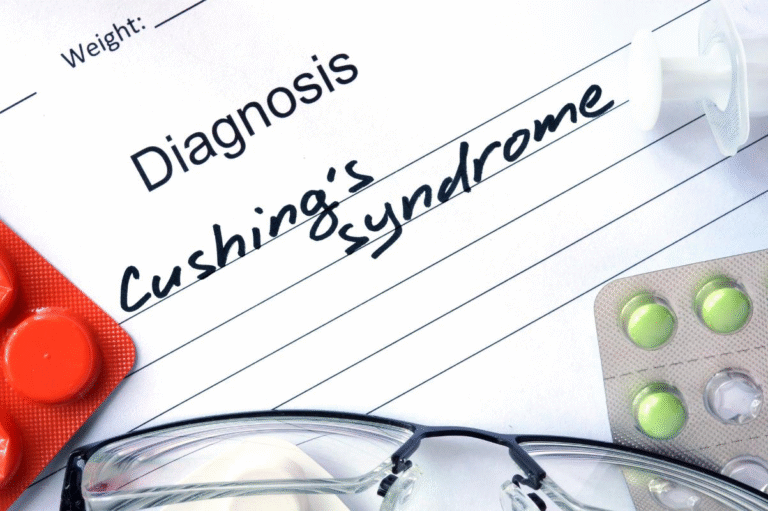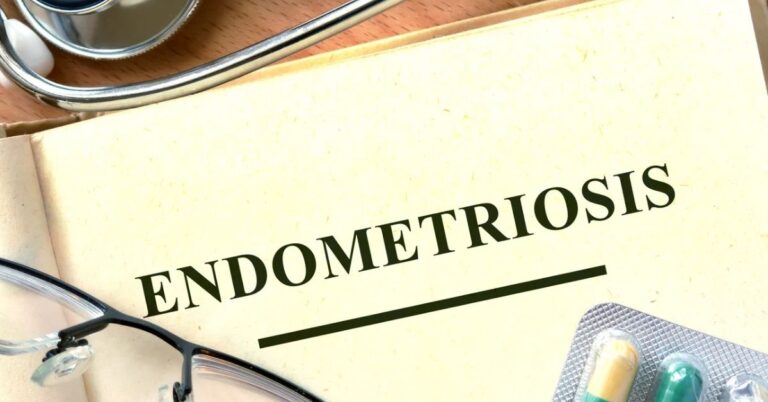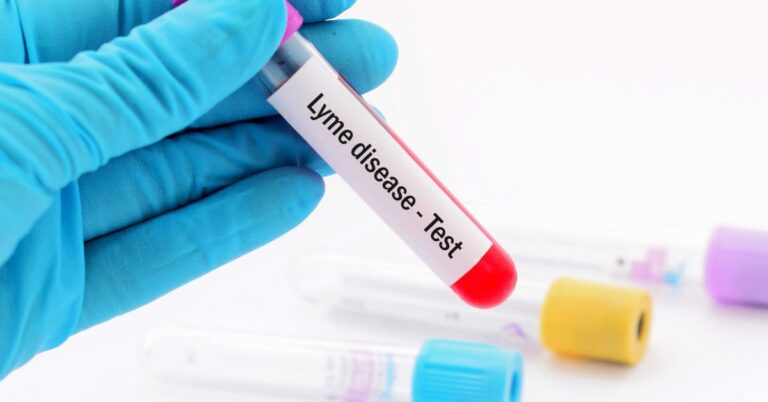Waking Up Tired? High Cortisol Levels Could Be Draining Your Energy
Ever wonder why you still feel exhausted after 8 hours of sleep? The culprit could be your cortisol levels, a hormone that plays a major role in how your body responds to stress—and sleep.
Cortisol, commonly referred to as the “stress hormone,” exhibits a natural rhythm throughout the day. However, when this rhythm is disrupted, whether due to chronic stress, poor sleep habits, or hormone imbalances, it can result in morning fatigue, brain fog, and even weight gain. Fortunately, identifying a cortisol imbalance and making a few crucial lifestyle changes can help you wake up feeling truly rested.
Why Cortisol Affects How You Feel in the Morning
Cortisol, a hormone that plays a crucial role in your circadian rhythm, the internal clock that regulates your sleep-wake cycle, ideally rises in the early morning to stimulate wakefulness and subsequently declines throughout the day.
When cortisol levels spike too early, too late, or remain elevated, it can disrupt deep sleep and leave you feeling groggy even after a full night’s rest, according to Dr. Lara Devgan, MD, a board-certified physician. This indicates that your body is functioning under stress rather than restoration.
What the Science Says: Cortisol and Sleep Disruption
A 2022 study published in Frontiers in Endocrinology revealed that individuals with elevated nighttime cortisol levels exhibited significantly lower sleep quality and a delayed cortisol awakening response (CAR), which serves as a crucial indicator of impaired sleep-related hormone function.
Another study conducted by the National Institutes of Health (NIH) has confirmed that chronic stress and irregular sleep-wake schedules can flatten the cortisol curve, resulting in daytime fatigue, mood swings, and even immune suppression.
Why It Matters for Public Health
Cortisol isn’t just about feeling tired. Long-term cortisol imbalance can lead to:
- Adrenal fatigue
- High blood pressure
- Insulin resistance
- Weakened immune system
- Increased anxiety or depression
According to the Centers for Disease Control and Prevention (CDC), more than one-third of adults don’t get enough sleep, which frequently leads to hormonal imbalances. If cortisol problems persist unaddressed, they could potentially contribute to the increasing rates of burnout and chronic illnesses.
Signs Your Cortisol Might Be Out of Balance
You might be dealing with high or dysregulated cortisol if you notice:
- Waking up tired despite sleeping 7–9 hours
- Difficulty falling asleep at night
- Cravings for salty or sugary foods
- Midday energy crashes
- Feeling wired but tired
- Increased belly fat
If these symptoms resonate with you, a saliva or blood cortisol test (ordered by a healthcare provider) can be instrumental in assessing your cortisol levels. For more information on the testing process, refer to the Mayo Clinic’s comprehensive guide.
How to Naturally Lower Cortisol and Boost Morning Energy
You don’t need expensive treatments to reset your cortisol rhythm. Here are expert-recommended lifestyle fixes:
1. Follow a Consistent Sleep Schedule
Go to bed and wake up at the same time daily—even on weekends. This strengthens your circadian rhythm and helps regulate cortisol levels.
2. Expose Yourself to Morning Sunlight
Natural light first thing in the morning signals your body to produce cortisol at the right time, helping you wake up alert and focused.
3. Cut Back on Late-Night Screens
Blue light delays melatonin production and disrupts cortisol timing. Avoid screens at least 60 minutes before bed.
4. Adaptogenic Herbs
Herbs like ashwagandha, rhodiola, and holy basil help reduce cortisol and improve stress resilience. Studies show ashwagandha may lower cortisol by up to 30%.
5. Moderate Exercise
While intense training raises cortisol, gentle morning movement—like walking or yoga—can balance levels and improve mood.
6. Avoid Caffeine First Thing
Try waiting 60–90 minutes after waking to drink coffee. This prevents stacking caffeine on top of your natural cortisol surge.
Restoring Energy from Within
If you find yourself waking up feeling tired day after day, it’s not just an annoyance; it’s a clear sign that your body is out of sync. By paying attention to your cortisol levels and supporting your natural hormone cycle, you can reclaim better sleep, sharper thinking, and sustained energy.
Before starting supplements or making significant health changes, it’s crucial to consult a medical professional. For more detailed information, visit the NIH Sleep & Hormone Health page.
Check out the healthlynic ✔️approved range of products for Weight Loss, Improve metabolism and much more!







